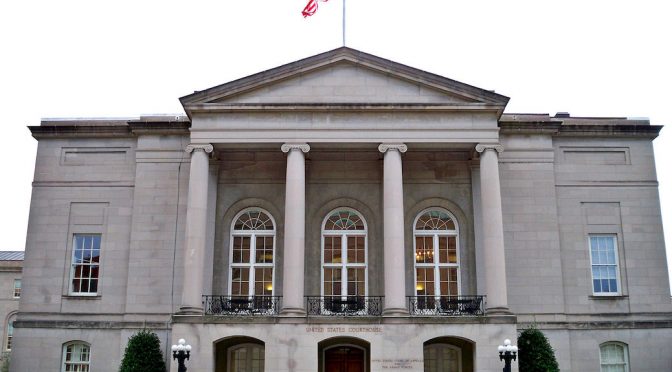In 2018, the Supreme Court held that it has appellate jurisdiction to review decisions of the Court of Appeals for the Armed Forces (CAAF) under 28 U.S.C. §1259. However, CAAF is the final court atop the “courts-martial system” and §1259 limits Supreme Court review of courts-martial cases to those where CAAF has already reviewed or granted some relief. In fiscal year 2020, CAAF granted review in just 10.9% of cases where it received a petition.
Kyle Yoerg argues that service members should have a right to appeal to the Supreme Court even if CAAF denies a petition for review. The following three reasons underlie his argument. First, service members currently have inferior access to the Supreme Court than do civilians in other jurisdictions in the United State. This includes defendants in state court and even suspected enemy combatants detained at Guantanamo. Second, CAAF traditionally reviews error correction cases where the Supreme Court is unlikely to grant certiorari. Finally, enhanced Supreme Court review will not adversely affect military readiness.
Yoerg ultimately concludes that the Equal Justice for Our Military Act, an amendment to 28 U.S.C. § 1259 originally proposed in 2009, is the appropriate vehicle to expand service member access.

